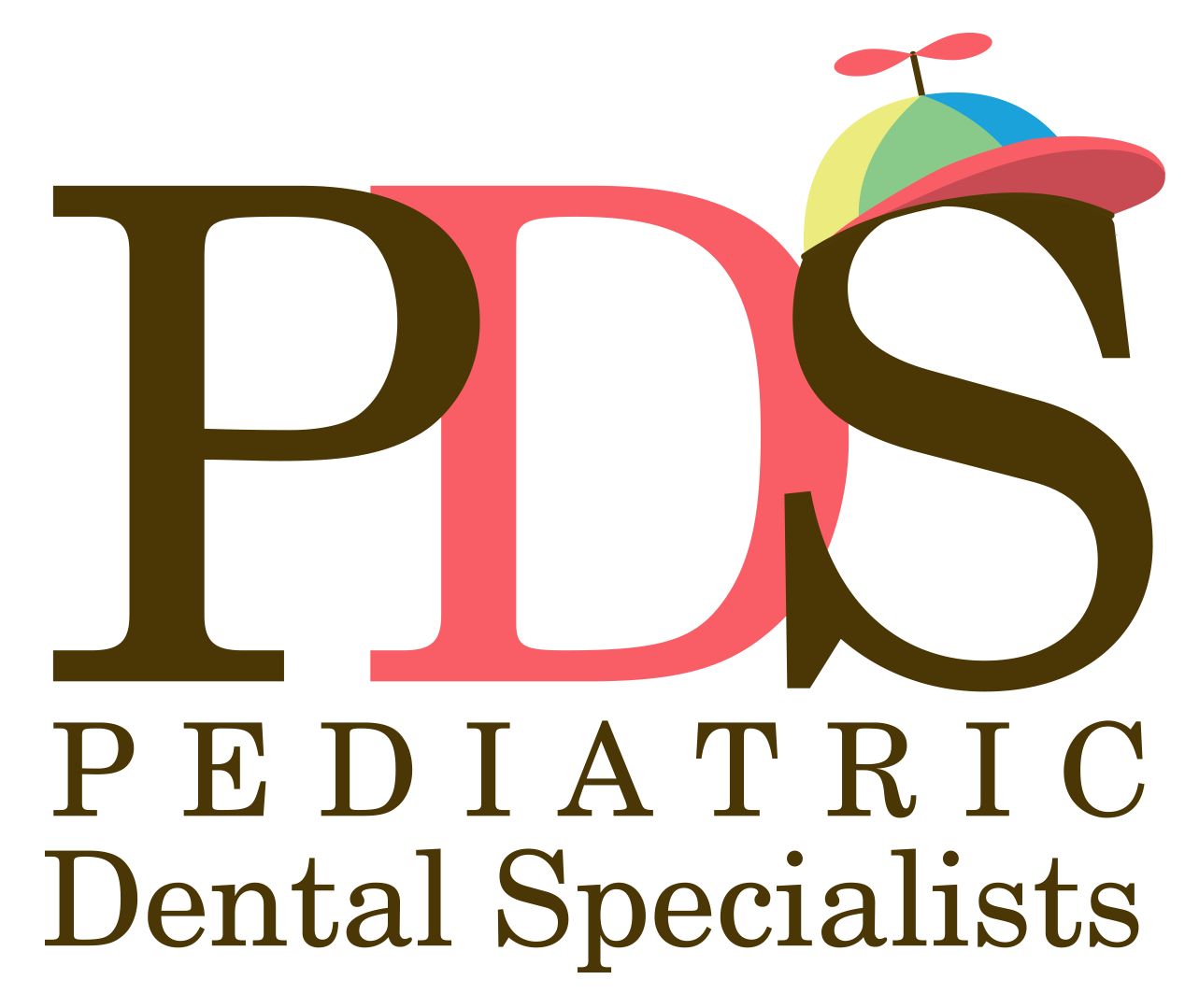sedation dentistry
Sedation dentistry can be a great benefit to children and teenagers who would otherwise be anxious and fearful during dental treatment. With local anesthetics and sedative medications, it is possible for your child to have a dental experience free of anxiety and pain. Depending on the type of sedative, it may be necessary for your child to refrain from school and all activities on the day of dental treatment. Before any sedative is recommended, a dental examination and review of medical history is completed.
WAYS TO RELIEVE ANXIETY
Oral Sedation — Oral sedation (given by mouth) is a popular option for many patients. Oral sedatives are either swallowed in pill or liquid form. A variety of oral sedative and anxiolytic (anxiety-relieving) medications have been developed through extensive research and testing to make your child's dental experience as comfortable and relaxing as possible. The sedatives have long safety records after decades of use, and several even have amnesic properties, meaning your child may remember little to nothing, even though they are conscious throughout the treatment.
Nitrous oxide (laughing gas), has been used in dental offices for nearly 100 years and is a very good anti-anxiety medication. It is administered through a nasal hood, which resembles a small cup that is placed over the nose. The laughing gas provides a euphoric feeling which wears off quickly, so there is no lasting effect, and it is very safe.
IV Conscious Sedation — Sedatives delivered directly into the bloodstream intravenously (into a vein) are more potent than when taken orally, and the amnesic effects may be more profound. Because IV sedation has an almost immediate effect on the body and its functions — including heart rate, blood pressure, and breathing — there is a higher degree of risk associated with it than with other types of sedatives. There is also a higher level of training required for those who administer it. During sedation appointments, patients are monitored with specialized equipment throughout treatment. The main advantage with this type of sedation is that the drugs administered work immediately and the level of sedation can be adjusted more quickly and easily. With most IV sedatives, patients typically don’t remember anything about their dental procedure after the sedative wears off. Our practice partners with a pediatric anesthesiology group that administers IV sedatives in our office so that the dentist can provide treatment.
General Anesthesia -- Some children, because of their need for extensive treatment, anxiety, uncooperative age-appropriate behavior, disabilities, or medical conditions, benefit from dental treatment while under general anesthesia. Our dentists provide this treatment at Doctors Hospital in a day surgery setting. Prior to dental treatment, scheduled visits to a pediatrician and the day surgery department are required.

